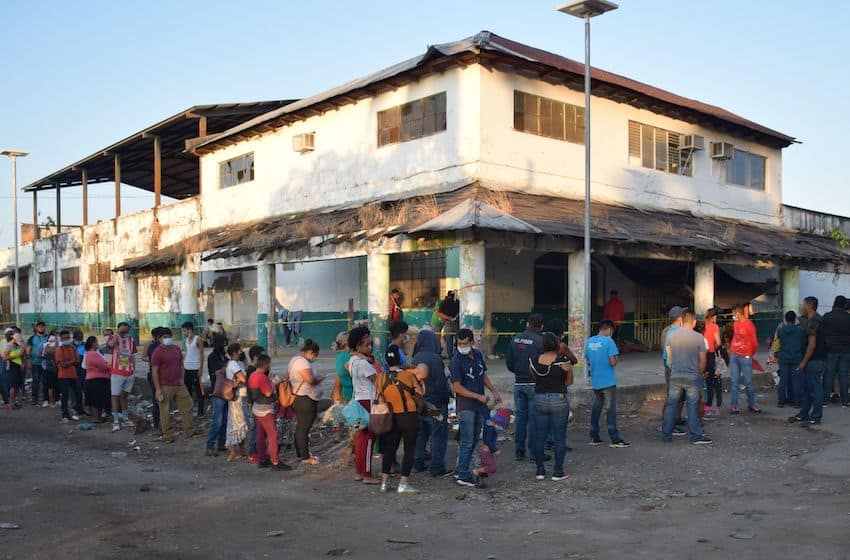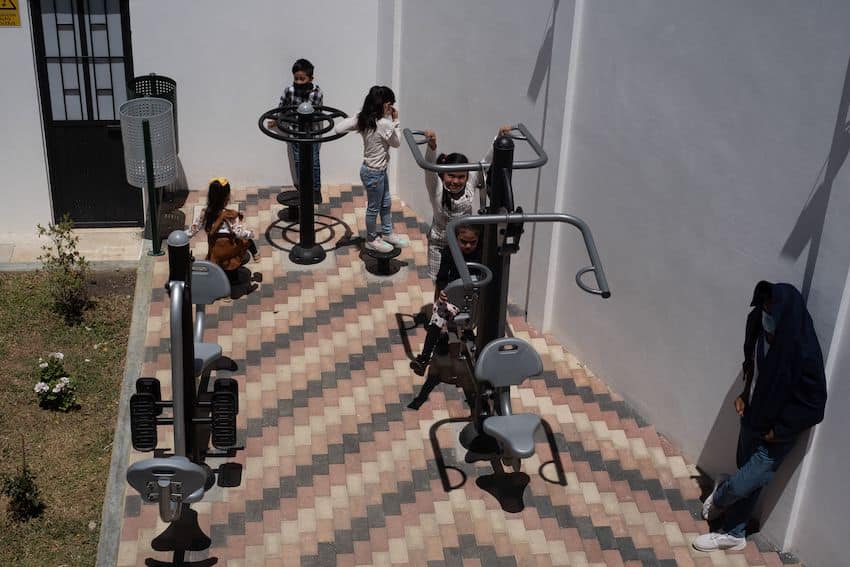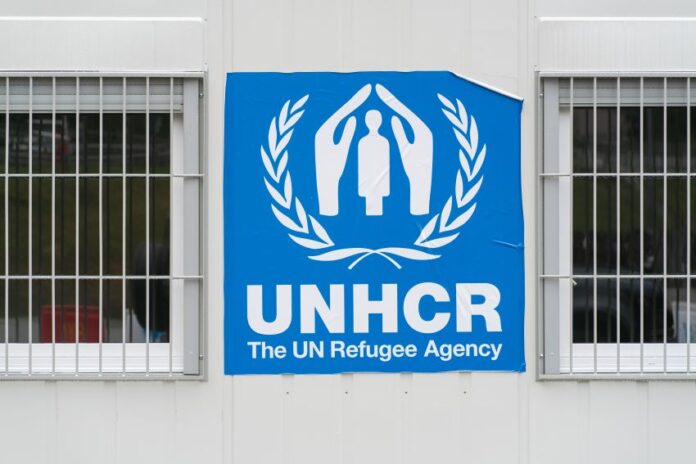The United Nations refugee agency has shuttered four offices in Mexico and laid off 190 employees amid a severe funding crisis tied to U.S. aid cuts under President Donald Trump, officials announced this week.
The closures mark a dramatic setback for migrant support systems in a country that processed nearly 80,000 asylum claims in 2024, ranking among the world’s top 10 destinations for refugees.

The majority of applicants were from Cuba, El Salvador, Haiti, Honduras and Venezuela.
According to Giovanni Lepri, the representative of the United Nations High Commissioner for Refugees (UNHCR) in Mexico, UNHCR’s Mexico operations lost 60% of their budget after the Trump administration halted foreign aid in January.
Offices in Palenque, Chiapas, and Tenosique, Tabasco — two critical southern hubs near Guatemala — along with Guadalajara, Jalisco, and another undisclosed location, ceased operations Tuesday.
As Mexico’s southern border sees 67% of asylum claims, advocates fear the Palenque and Tenosique office shutdowns will exacerbate risks for new arrivals.
“We’ve had to make very serious decisions,” Lepri told reporters, noting the U.S. previously supplied 86% of UNHCR Mexico’s US $58 million annual budget.
Eight UNHCR offices in Mexico remain open: Mexico City; Ciudad Juárez, Chihuahua; Mexicali, Baja California; Saltillo, Coahuila; Tapachula, Chiapas; Aguascalientes city; and two sub-offices in Monterrey, Nuevo León, and Tuxtla Gutiérrez, Chiapas.
Trump’s Jan. 20 executive order paused all U.S. foreign assistance — funded through the State Department and/or the U.S. Agency for International Development (USAID) — for comprehensive reviews.
This resulted in the suspension or termination of most USAID programs, with reports indicating that over 90% of USAID’s foreign aid contracts were eliminated, amounting to $54 million to $60 million of global cuts.
In fiscal year 2022, USAID funded $21.4 billion of programming through the U.N. and other international organizations, which includes support for UNHCR. In 2024, the United States contributed $2.1 billion to UNHCR.
The reduction of funding from USAID and other U.S. government foreign assistance streams has cut into Mexico’s asylum infrastructure.

Migrant shelters run by Catholic groups saw funding drop sharply, forcing reduced services, said Scalabrini Foundation director Julio Lopez. “Programs and projects have been scaled back,” he acknowledged, though shelters remain open.
In Tijuana, Juventud 2000 shelter director Jose Maria Garcia warned the closures would “have a very big impact on migrant communities,” particularly in border regions where deportations surged.
Over 38,700 people have been deported to Mexico since Trump took office, including 5,400 non-Mexicans.
Mexico’s already-strained asylum system faces mounting pressure. Despite a 40% drop in applications from 2023’s record 140,000 claims, more than 78,900 people sought refuge last year. Over half had fled violence or threats, per UNHCR’s 2024 report, “A Home in Mexico,” issued this week.
The report noted that 45,000 people accessed shelter services last year, 50,000 refugees have secured stable housing since 2016 and 94% of working-age refugees found jobs within a month.
“Mexico has become a country where people forced to flee can restart their lives,” Lepri said in the report, released hours before announcing the closures.
One of UNHCR’s flagship programs in Mexico is the Local Integration Program, which relocated 13,000 refugees to cities with job opportunities in 2024 but now operates under uncertainty. The program includes over 650 companies employing refugees, who contribute 275 million pesos (US $15 million) annually in taxes.
In Mexico, the UNHCR works with COMAR, the Mexican Commission for Refugee Assistance.
With reports from El Economista, Aristegui Noticias, Ciudadanía Express, Reuters and ICN Diario
